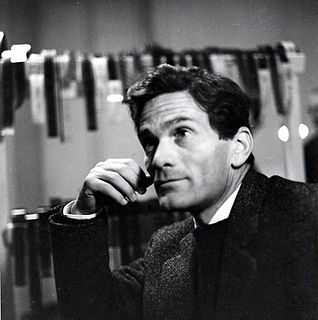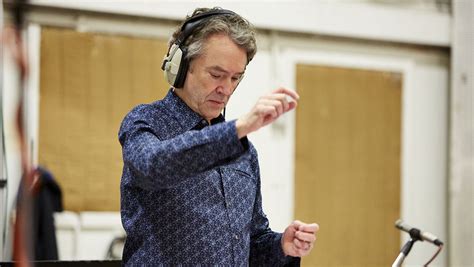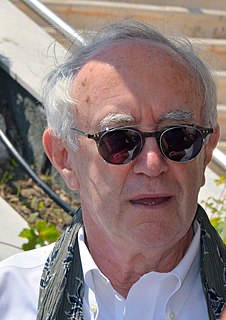A Quote by Cornel West
In that chocolate side of town, in my blessed city of Sacramento, California - that was beginning of my death shudders, that's why Kierkegaard and Kafka began to make sense to me when I was very, very young - that radical sense fragility of life and inevitability of death; those trucks coming, if the truck came at a same time I was on the bridge, I was in the creek -my body would be the culinary delight of terrestrial worms.
Quote Topics
Began
Beginning
Blessed
Body
Bridge
California
Came
Chocolate
City
Coming
Creek
Culinary
Death
Delight
Fragility
Fragility Of Life
Inevitability
Inevitability Of Death
Kafka
Life
Make
Make Sense
Me
Radical
Sacramento
Same
Same Time
Sense
Side
Terrestrial
Those
Time
Town
Truck
Trucks
Very
Why
Worms
Would
Would Be
Young
Related Quotes
The greatest mystery in life is not life itself, but death. Death is the culmination of life, the ultimate blossoming of life. In death the whole life is summed up, in death you arrive. Life is a pilgrimage towards death. From the very beginning, death is coming. From the moment of birth, death has started coming towards you, you have started moving towards death.
Death does determine life. Once life is finished it acquires a sense; up to that point it has not got a sense; its sense is suspended and therefore ambiguous. However, to be sincere I must add that for me death is important only if it is not justified and rationalized by reason. For me death is the maximum of epicness and death.
By 'coming to terms with life' I mean: the reality of death has become a definite part of my life; my life has, so to speak, been extended by death, by my looking death in the eye and accepting it, by accepting destruction as part of life and no longer wasting my energies on fear of death or the refusal to acknowledge its inevitability. It sounds paradoxical: by excluding death from our life we cannot live a full life, and by admitting death into our life we enlarge and enrich it.
Human stories are practically always about one thing, really, aren't they? Death. The inevitability of death. . . . . . (quoting an obituary) 'There is no such thing as a natural death. Nothing that ever happens to man is natural, since his presence calls the whole world into question. All men must die, but for every man his death is an accident, and even if he knows it he would sense to it an unjustifiable violation.' Well, you may agree with the words or not, but those are the key spring of The Lord Of The Rings
I yearn for the darkness. I pray for death. Real death. If I thought that in death I would meet the people I've known in life I don't know what I'd do. That would be the ultimate horror. The ultimate despair. If I had to meet my mother again and start all of that all over, only this time without the prospect of death to look forward to? Well. That would be the final nightmare. Kafka on wheels.
Why do we cling to life and why are we afraid of death? You may not have thought about it. The reason why we cling so much to life and why we are afraid of death is just inconceivable. We cling to life so much because we do not know how to live. We cling to life so much because really we are not alive. And time is passing and death is coming nearer and nearer. And we are afraid that death is coming near and we have not lived yet.
I feel like I've been very blessed in the sense that I've had the veracity of spirit to not be stopped and, at the same time, the protective energy and the generosity of those who have come before me, who saw something inside of me and, therefore, invited me into rooms that I would not have been inside of otherwise.
If I had my life over again I should form the habit of nightly composing myself to thoughts of death. I would practise, as it were, the remembrance of death. There is no other practice which so intensifies life. Death, when it approaches, ought not to take one by surprise. It should be part of the full expectancy of life. Without an ever-present sense of death life is insipid.
I began to feel that my greatest sense of success would raise the level of masses of people, rather than the individual being accepted by the Establishment. So, this kind of personal thinking, combined with, say, even the little bit more radical thinking - because at one time the pacifist movement was a very radical concept.
Death is not the end, but the beginning of a new life. Yes, it is an end of something that is already dead. It is also a crescendo of what we call life, although very few know what life is. They live, but they live in such ignorance that they never encounter their own life. And it is impossible for these people to know their own death, because death is the ultimate experience of this life, and the beginning experience of another. Death is the door between two lives; one is left behind, one is waiting ahead.
Birth leads to death, death precedes birth. So if you want to see life as it really is, it is rounded on both the sides by death. Death is the beginning and death is again the end, and life is just the illusion in between. You feel alive between two deaths; the passage joining one death to another you call life. Buddha says this is not life. This life is dukkha - misery. This life is death.
Death is a part of all our lives. Whether we like it or not, it is bound to happen. Instead of avoiding thinking about it, it is better to understand its meaning. We all have the same body, the same human flesh, and therefore we will all die. There is a big difference, of course, between natural death and accidental death, but basically death will come sooner or later. If from the beginning your attitude is 'Yes, death is part of our lives,' then it may be easier to face.
































